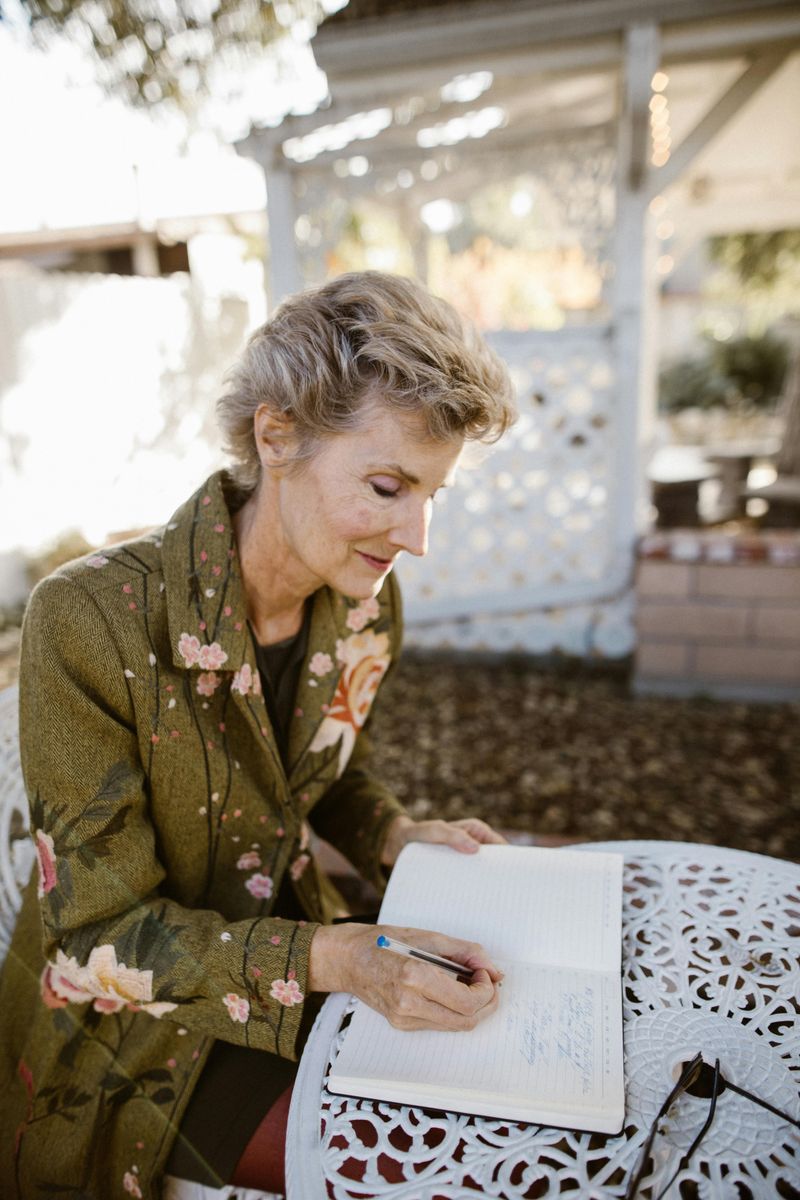12 Harsh Truths Therapists Wish More Couples Understood

In the labyrinth of love, couples often find themselves navigating the complex dynamics of relationship realities. While love is the foundation, therapists observe several fundamental truths that are crucial for a thriving partnership. These truths can be challenging to accept but understanding them can lead to healthier, more fulfilling relationships. Whether it’s the importance of communication beyond words or the necessity of emotional safety, these insights offer valuable guidance. Embracing these can help couples build a resilient bond, characterized by mutual respect and understanding. Here are twelve harsh truths therapists wish more couples understood, each shedding light on a different aspect of romantic relationships.
1. Love Alone Isn’t Enough

Love is the spark that ignites a relationship, but it’s not the fuel that keeps it burning. While affection lays the groundwork, therapists stress that relationships require more than just chemistry. Incompatible values can strain the strongest of bonds, and poor communication can erode trust over time.
Effort and commitment are essential to nurture a lasting connection. Couples must actively work on their relationship, addressing issues like emotional neglect and shared goals. Without these elements, love alone can falter, leaving both partners feeling unfulfilled. Recognizing this truth is the first step toward creating a meaningful partnership that withstands life’s challenges.
2. You Can’t Change Your Partner

Therapists often remind couples that the desire to change one’s partner can lead to frustration. Attempting to “fix” your partner can breed resentment and diminish genuine connection. Change is a personal choice and happens only when an individual wants it for themselves.
The illusion that your partner will transform into your ideal vision is misleading. Acceptance and understanding pave the way for a supportive and nurturing relationship. Instead of focusing on altering each other, couples can thrive by appreciating their differences and working together towards common goals. This truth encourages mutual respect and fosters a loving environment.
3. Communication Isn’t Just Talking — It’s Listening

Communication is often mistaken for merely exchanging words, but real communication involves active listening. It’s about hearing to understand, not just to reply or defend your position, as therapists frequently point out.
Being present and truly engaging in conversations can transform a relationship. Listening with empathy fosters trust and deepens connections, allowing partners to feel valued and heard. When couples practice this form of communication, it creates a safe space for honest dialogue, paving the way for resolving conflicts constructively. This truth highlights the power of listening as a cornerstone of meaningful interaction.
4. Conflict Is Inevitable — Avoidance Is the Real Problem

Every relationship faces conflicts; the key is how couples handle these disagreements. Therapists emphasize that avoiding difficult conversations leads to simmering resentment that can explode later.
Healthy couples address issues head-on, using conflict as an opportunity for growth and understanding. By confronting challenges together, partners build resilience and learn more about each other’s needs and boundaries. Embracing conflict as a natural part of relationships helps prevent misunderstandings and fosters a deeper connection. This truth underscores the importance of facing conflicts openly and constructively rather than avoiding them.
5. Emotional Safety Matters More Than Passion

While passion is thrilling, emotional safety is the bedrock of a lasting relationship. Trust and security create an environment where both partners can be vulnerable without fear of judgment.
Therapists highlight that without this safety, passion can become unstable and short-lived. Emotional safety enables couples to explore their desires and express their true selves, leading to deeper intimacy. This truth reminds couples that building a secure, supportive relationship allows love to flourish beyond initial attraction, creating a stable foundation for enduring partnership. Prioritizing emotional security strengthens the bond and enhances mutual respect.
6. You’re Responsible for Your Own Happiness

Expecting a partner to fulfill every emotional need is a recipe for disappointment. Therapists often stress that happiness is an individual responsibility, not a burden to place on someone else.
By cultivating personal fulfillment, individuals bring more joy and balance to their relationships. When each partner takes responsibility for their own happiness, they contribute positively to the partnership, reducing pressure and resentment. This truth encourages self-awareness and personal growth, empowering couples to support each other while maintaining their individuality. Embracing this perspective leads to a healthier, more harmonious relationship.
7. Keeping Score Destroys Intimacy

Turning love into a ledger of rights and wrongs can erode intimacy. Couples who track who “owes” what lose sight of genuine connection, as therapists often observe.
Love isn’t a competition; it’s a partnership built on mutual respect and understanding. Instead of keeping score, couples should focus on supporting each other’s growth and happiness. By shifting focus from winning to connecting, partners can nurture a more meaningful and fulfilling relationship. This truth serves as a reminder that true intimacy arises from collaboration and empathy, not from tallying perceived debts.
8. Boundaries Strengthen, Not Weaken, Relationships

Setting boundaries is an act of love, not rejection. Therapists highlight that maintaining individuality and saying “no” when necessary are signs of emotional maturity.
Healthy boundaries foster respect and understanding, allowing each partner to feel valued and secure. By acknowledging and respecting each other’s limits, couples build a foundation of trust. This truth emphasizes that boundaries are not barriers but tools for maintaining a healthy, balanced relationship. Embracing this perspective strengthens the partnership, encouraging both partners to thrive individually and collectively.
9. Small Daily Habits Shape Long-Term Success

Grand gestures are often celebrated, but it’s the small, consistent actions that sustain a relationship. Therapists underscore the importance of daily habits like kindness, gratitude, and respect.
These seemingly minor actions accumulate over time, strengthening the connection and fostering a supportive environment. By prioritizing these habits, couples create a resilient bond that can weather life’s ups and downs. This truth highlights the power of everyday moments in building a lasting partnership. Consistent care and appreciation form the cornerstone of enduring love, nurturing a vibrant and joyful relationship.
10. Unhealed Trauma Shows Up in Relationships

Past wounds can cast long shadows on present relationships. Therapists often observe that unhealed trauma can manifest as recurring patterns or conflicts.
Addressing these issues requires self-awareness and often professional guidance. By acknowledging and working through trauma, individuals break free from old cycles, paving the way for healthier connections. This truth encourages personal healing, which positively impacts the relationship dynamics. Understanding how past experiences influence present behavior is crucial for building a supportive and empathetic partnership, fostering growth and mutual healing.
11. Attraction Evolves — and That’s Okay

Romantic intensity often fades, but deeper intimacy can take its place. Therapists reassure couples that evolving attraction is natural and can lead to richer connections.
As relationships mature, partners may find comfort in shared experiences and emotional bonds. Embracing this evolution allows couples to appreciate different forms of connection beyond initial passion. This truth reminds partners that love changes, but it can grow into something even more profound. By embracing these changes, couples can continue to thrive together, celebrating the journey of love in its many forms.
12. Sometimes, Love Means Letting Go

Therapists sometimes advise that the healthiest choice is to part ways. Staying together at all costs can cause more harm than walking away with compassion.
Recognizing when a relationship no longer serves both partners allows for growth and healing. Letting go doesn’t mean failure; it can be an act of love, honoring what once was while making space for new possibilities. This truth underscores the courage it takes to release a relationship, offering both individuals a chance to find happiness and fulfillment elsewhere. It’s a reminder that love sometimes involves difficult choices.

Comments
Loading…